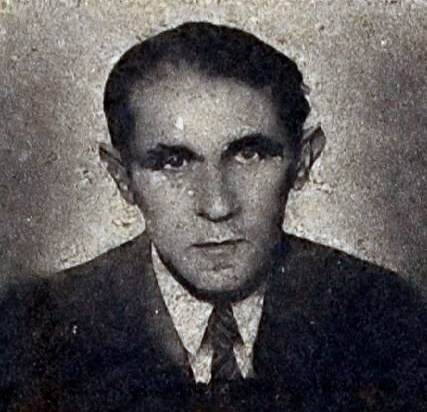
Bruno Schulz: photo - wikipedia
Often dubbed “the Polish Kafka”, the acclaimed writer and artist was born in 1892 in the town of Drohobycz, then a part of the Austro-Hungarian Empire. He was ethnically Jewish but his first language was Polish.
Although Schulz briefly studied architecture in Lemberg (now Lviv, Ukraine), the capital of Habsburg Galicia, he returned to his home town before completing the course, and Drohobycz was to provide all the crucial ingredients for his artistic endeavours.
In 1924, after Poland regained its independence, Schulz took up a job teaching art at the local secondary school.
In his letters, he enjoyed launching into fanciful descriptions of his native town, and novelist Zofia Nalkowska spotted his talent and urged the budding writer to publish the material as fiction.
Schulz's first volume of short stories, The Cinnamon Shops (later published in English as The Street of Crocodiles), was released in 1934.
The writer was heaped with praise by luminaries from Poland's avant garde circles, and although reclusive by nature, he befriended figures such as the multi-talented artist Stanislaw Ignacy Witkiewicz (Witkacy) and writer Witold Gombrowicz.
A second volume of short stories, Sanatorium Under the Sign of the Hourglass was published in 1937.
Schulz was also a highly gifted artist, and he illustrated both of his books. He had a penchant for sketching himself being trampled upon by haughty Polish ladies.
During the war, Drohobycz fell first to the Soviets. Later, during the Nazi occupation, Schulz was herded into a Jewish ghetto that the Germans created in the town.
His artistic genius won him an unlikely protector in the form of a Gestapo officer named Felix Landau. However, in what appears to have been an act of revenge, Schulz was shot down in the street in November 1942 by another Gestapo man who had a grudge against Landau.
The legend of a final literary venture called The Messiah still endures, although no manuscript has ever been found.
Schulz's works have now been translated into over thirty languages. His fiction was brought to the screen in 1974 in Wojciech Jerzy Has's The Hour-Glass Sanatorium, a work that won the Special Jury Prize at the Cannes Film Festival that year.
Today, Drohobycz lies in western Ukraine. (nh)